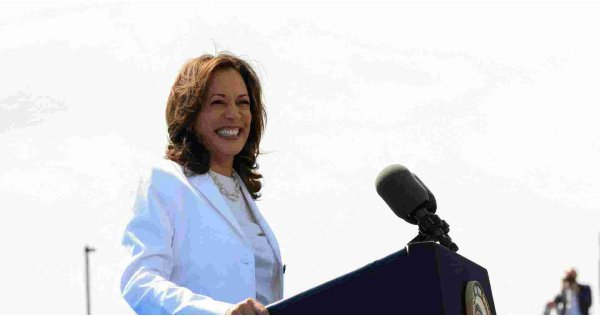Bank of Japan Deputy Governor Highlights Moderate Economic Recovery Amid Lingering Risks
Economic Outlook Shows Gradual Improvement
Bank of Japan (BoJ) Deputy Governor Shinichi Uchida stated on Wednesday that Japan's economy is experiencing a moderate recovery, although some signs of weakness persist. Uchida emphasized that business sentiment remains generally positive, supported by easing uncertainty surrounding U.S. tariff policies. According to the latest Tankan survey, corporate confidence has improved as concerns over trade tensions have diminished.
Capital expenditures (CAPEX) are rising steadily, reflecting cautious optimism among businesses. Consumer spending also continues on a firm trajectory, contributing to the overall economic momentum. Uchida noted that the BoJ anticipates maintaining its interest rate hikes if economic and price developments align with current forecasts.
Monetary Policy and Inflation Expectations
The Deputy Governor highlighted that the BoJ expects a moderate economic rebound following a recent slowdown, driven by growth in overseas markets. However, he stressed that the central bank will assess economic and price trends without any predetermined assumptions, maintaining flexibility in policy decisions.
Uchida also pointed out the need to remain vigilant regarding the impact of global trade policies on Japan’s economy, financial markets, and foreign exchange rates. Uncertainties related to trade policies continue to pose significant risks.
Regarding inflation, the BoJ official indicated that underlying inflation is likely to stagnate for a period before gradually accelerating as inflation expectations strengthen. This suggests a cautious outlook on price dynamics despite ongoing monetary tightening.
Market Reaction and Currency Impact
Following Uchida’s remarks, the USD/JPY currency pair showed a slight increase, trading up 0.07% at 147.30 at the time of reporting. This movement reflects market sensitivity to the BoJ’s cautious yet optimistic economic assessment and its commitment to adjusting interest rates in line with economic conditions.
Background on Bank of Japan’s Monetary Policy
The Bank of Japan serves as the country’s central bank, tasked with issuing currency and implementing monetary policy to maintain price stability, targeting an inflation rate around 2%. Since 2013, the BoJ has pursued an ultra-loose monetary policy to stimulate growth and combat persistently low inflation. This approach included Quantitative and Qualitative Easing (QQE), involving large-scale asset purchases to inject liquidity into the economy.
In 2016, the BoJ intensified its easing measures by introducing negative interest rates and controlling the yield on 10-year government bonds. However, in March 2024, the bank began raising interest rates, signaling a shift away from its ultra-loose stance as economic conditions evolved.
The BoJ’s policy decisions significantly influence the Japanese yen, as adjustments in interest rates and asset purchases affect currency valuation and investor sentiment.



